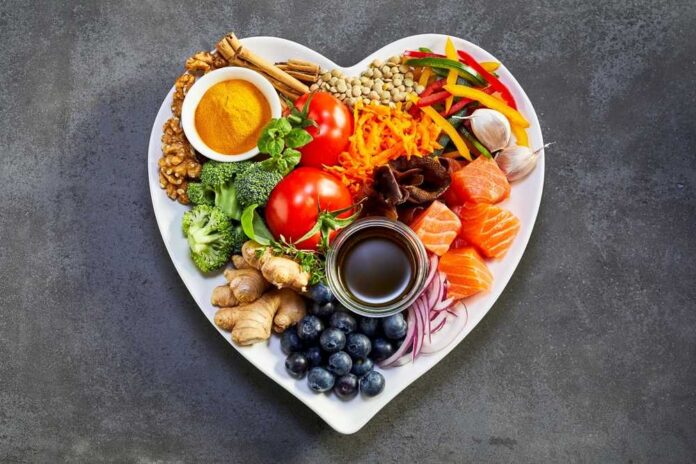
How often have you heard or read that you should “eat a balanced diet“?
It’s one of the most common advice regarding healthy eating, but what does it really mean?
All The Nutrients You Need
There isn’t any one particular food that contains all the many nutrients you need for good health. You can’t just eat the same meal over and over and expect to be healthy.
You need to eat various foods to get everything you need.
Every day, try to eat a combination of the following:
- Green vegetables
- Fruits of different colors.
- Whole grains like oatmeal, brown rice, or whole wheat bread
- Proteins sources, such as fish, lean meats, pork, poultry, beans, nuts, or seeds
It may also help to eat seasonally. Seasonal fruits and vegetables are often fresher and more nutrient-dense than out-of-season options. Seasonal variation can also help you break out of a pattern of eating the same few meals weekly.
Not Too Little, Not Too Much
In addition to eating a variety of nutrient-rich foods, a balanced diet also means eating the right amount of food.
You need to ensure you’re getting enough calories to fuel your body, but not so many that you end up gaining excess weight.
How many calories you need depends on several different factors, including your age, gender, activity level, and whether you’re trying to lose, maintain, or gain weight.
A good starting point is to aim for about 2000 calories a day, but you may need more or less than this, depending on your individual needs.
Avoiding Harmful Foods
Balancing your diet means being mindful of what you eat. It also means being mindful of what you don’t eat.
Some foods and substances are known to be harmful to your health, even in small amounts. These include:
- Ultra-processed manufactured foods (junk food snacks)
- Soda and other sugary drinks
- Added sugars
- Excessively salty foods
- Trans fats
- Saturated fats
- Alcohol
These foods and ingredients are all linked to negative health outcomes, such as obesity, heart disease, and type 2 diabetes.
Try to limit your intake of these harmful foods and substances whenever possible. Not only can they damage your health, but they also take up space in your diet that could be better filled with health-promoting fruits and vegetables.
Additionally, when you are constantly eating foods that are manufactured to be as pleasurable as possible (using sugar, salt, and unhealthy fats), your body and brain can become used to those intense flavors. So when you try to eat a healthier diet, those foods can taste bland in comparison.
But if you stick with it, your palette will adjust, and you’ll soon be able to enjoy all the complex, and delicious flavors healthy foods offer.
Making Balance A Habit
Eating a balanced diet isn’t something you do for a week or two and then forget about. It’s a lifelong habit that requires ongoing effort and attention.
But the good news is the more you do it, the easier it becomes.
You’ll learn new ways to cook and prepare healthy meals. You’ll discover new fruits and vegetables that you like. You’ll develop a better understanding of how different foods affect your energy levels, mood, and overall health.
When you first start trying to make improvements to your diet, you might feel cravings for unhealthy foods or have trouble sticking to your goals. But these cravings often have more to do with habit than they do with actual hunger or need.
As you continue to eat a more balanced diet, your cravings and hunger signals will evolve. It might not happen right away, but when you consistently stick to a healthy, balanced diet, your body will adapt and eventually come to crave the foods that make you feel your best.






















